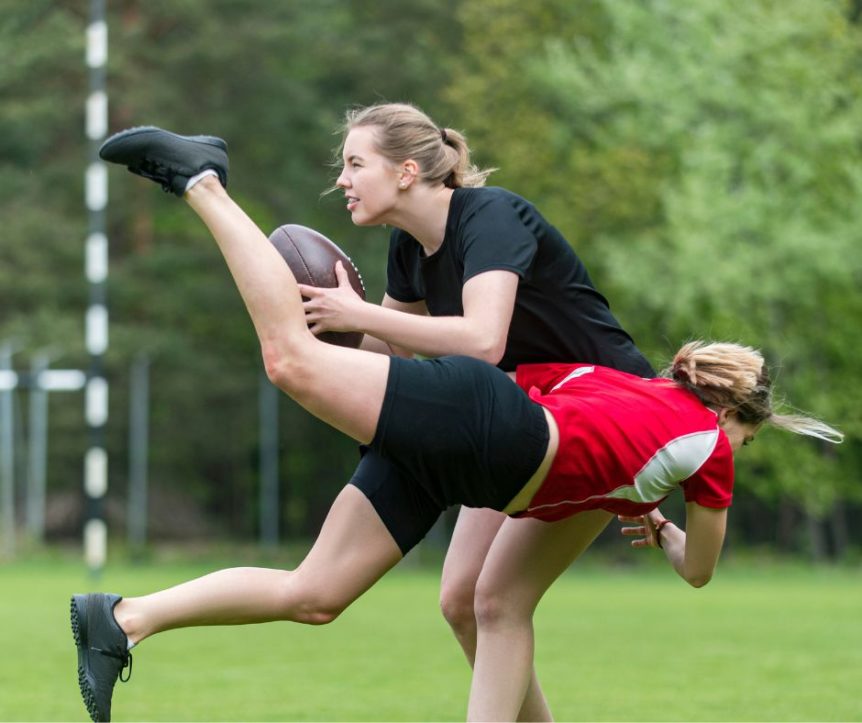K. Dane, G. Foley, S. Hendricks, et al. Journal of Science and Medicine in Sport.
Abstract
Objectives:
Tackle coaching forms a cornerstone of training in rugby and is designed to enhance performance and mitigate tackle injury. The athlete voice can help key stakeholders understand the psychosocial determinants that shape skill development in relation to tackle coaching. We aimed to capture player experiences of tackle coaching in women’s rugby union.
Design: Qualitative study using the grounded theory approach.
Methods:
Current women rugby union players, with at least 1-year senior level experience, were recruited from Europe, Africa and North America between December 2021 and March 2022 to participate in the study. Data were collected through semi-structured interviews and analysed in line with grounded theory coding procedures. Results: The 21 players were aged 20–48 years with a mean 10.6 years of rugby playing experience. Analysis revealed that the experiences of tackle coaching that shaped women’s tackle skill development and sense of preparedness ranged from constraining to empowering, and gender was a pivotal influence in creating meaning. Participants expected and accepted the bare minimum in tackle coaching as the price that they had to pay for inclusion in rugby.
Conclusions:
Participants’ experiences of tackle coaching were entangled in inequitable club structures and cultures where men’s rugby is the norm. Empowering tackle coaching in women’s rugby union must be bespoke to the given context and the needs of women players. The recommendations offered in this paper encourage discussion as to how best to empower women’s tackle development in rugby.

